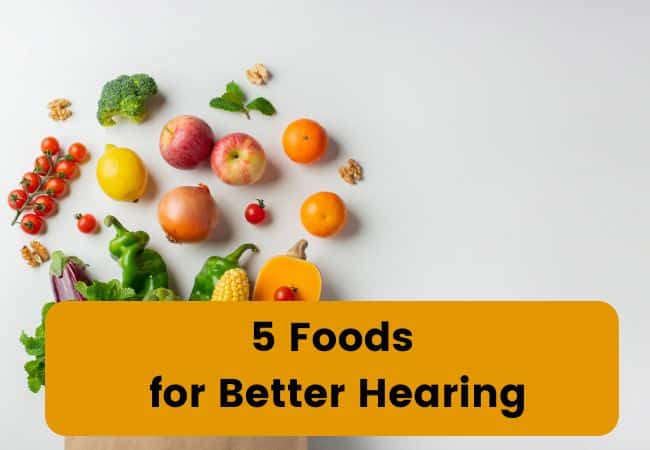Good nutrition is often associated with better overall well-being, but did you know it can also influence your hearing? Certain nutrients found in everyday foods can help maintain the delicate structures in our ears. By incorporating these options into your meals, you may give your auditory health a subtle, beneficial boost.
1. Bananas
Rich in potassium, bananas can support the fluid balance in our ears, playing a role in the way our auditory system processes sound. A steady intake of potassium through fruits like bananas may help preserve inner ear function over time.
2. Salmon and Other Fatty Fish
Omega-3 fatty acids and vitamin D, abundant in salmon and similar fish, are believed to contribute to the health of the tiny blood vessels found in the ear. Keeping these vessels in good shape can potentially improve inner ear health, supporting clearer, more stable hearing.
3. Spinach and Leafy Greens
Loaded with magnesium and essential vitamins, leafy greens like spinach can provide nutrients that may help safeguard against hearing damage caused by excessive noise. These green vegetables also deliver antioxidants that support overall well-being.
4. Beans and Lentils
Zinc is an essential mineral known for its role in immune function, and beans and lentils are packed with it. By strengthening the body’s natural defenses, zinc may help keep ear infections and related issues at bay, thus contributing to better hearing health.
5. Citrus Fruits
Oranges, grapefruits, and lemons are bursting with vitamin C and other antioxidants that can bolster the immune system. A stronger immune response may reduce the frequency and severity of ear infections, indirectly supporting stable hearing over the long term.
Adopting a balanced, nutrient-rich diet can benefit numerous aspects of your health, including the way you hear the world around you. Although these foods are no substitute for professional hearing care, incorporating them into your eating habits may complement the steps you’re already taking to preserve and improve your hearing.



